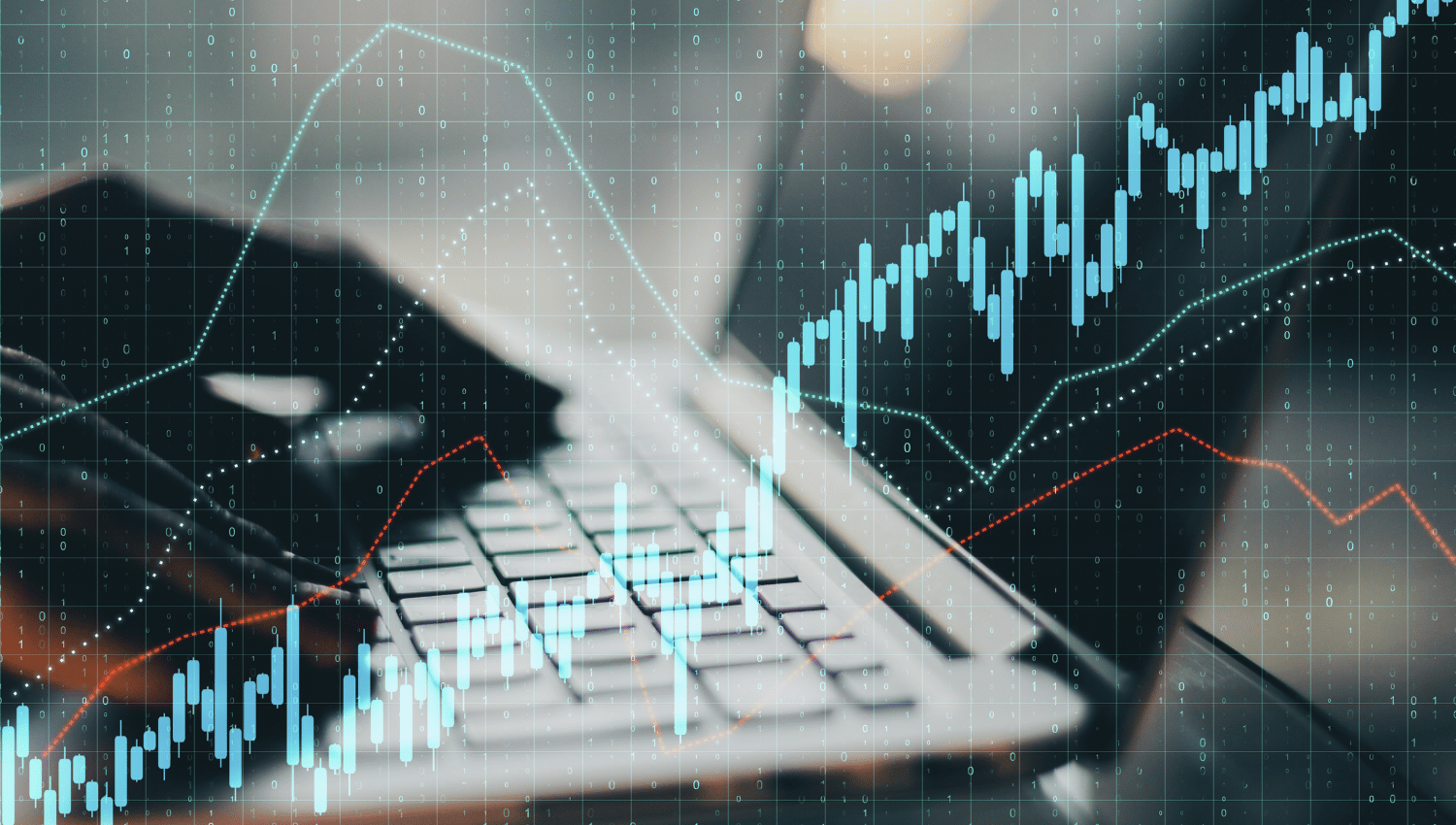Understanding the Role of Macroeconomic Indicators in Trading

What are Macroeconomic Indicators?
Macroeconomic indicators are statistical measures that provide insights into the overall health and performance of an economy. Key indicators include:
- Gross Domestic Product (GDP)
- Employment figures
- Inflation rates (Consumer Price Index)
- Interest rates
- Consumer spending
- Industrial production
- Housing market data
- Trade balance
Why Incorporate Macroeconomic Indicators in Trading?
Incorporating macroeconomic indicators into trading analysis is vital for several reasons:
- Market Interconnectedness: Economic indicators reveal how different sectors and markets are interrelated, allowing traders to anticipate ripple effects across asset classes.
- Forecasting: Leading indicators help predict future economic trends and potential market movements.
- Risk Management: Understanding the broader economic context helps traders assess and manage risk more effectively.
- Policy Implications: Economic indicators influence monetary and fiscal policies, which in turn affect financial markets.
- Global Perspective: In a globally interconnected economy, indicators from one country can impact markets worldwide.
How to Integrate Macroeconomic Indicators in Trading
- Regular Monitoring: Keep track of economic calendars and scheduled releases of key indicators.
- Contextual Analysis: Interpret indicators in the context of broader economic trends and historical data.
- Cross-Asset Correlation: Analyse how indicators affect different asset classes such as forex, equities, and commodities.
- Fundamental Analysis: Incorporate economic indicators into your fundamental analysis alongside company-specific factors.
- Technical Analysis Integration: Use economic releases as potential catalysts for technical setups or breakouts.
- Sentiment Assessment: Gauge market sentiment and potential overreactions to economic data.
- Long-Term Perspective: Use lagging indicators to confirm trends and assess the overall economic direction.
Understanding Market Interconnectedness
Integrating macroeconomic indicators helps traders understand market interconnectedness in several ways:
- Cross-Border Impacts: Economic events in one country can rapidly affect markets in others due to global trade and financial links.
- Sector Relationships: Indicators reveal how different economic sectors influence each other, helping predict knock-on effects.
- Policy Coordination: Understanding economic indicators across countries highlights the need for international policy coordination.
- Capital Flows: Indicators can signal potential shifts in international capital flows, affecting currency and asset valuations.
- Risk Transmission: Economic shocks can be transmitted across borders and markets at high speeds, emphasising the need for a global perspective.
The Role of Inflation in Market Interconnectedness
Inflation significantly influences the global financial system and economy, affecting various aspects of market interconnectedness:
Cross-Asset Correlations
Inflation impacts different asset classes in various ways, leading to shifts in correlations between markets:
- Equities: Value stocks often outperform growth stocks during high inflation periods.
- Bonds: Fixed income securities typically underperform as interest rates rise to combat inflation.
- Real Estate: Property values and rents usually increase with inflation.
- Commodities: Prices of energy and raw materials tend to rise, impacting various sectors.
These changing relationships between asset classes can alter portfolio allocations and risk management strategies across markets.
Global Inflation Synchronisation
Inflation rates across advanced economies have shown increasing co-movement in recent decades due to:
- Common global shocks (e.g., oil price fluctuations)
- Similar monetary policy regimes
- Structural changes from globalisation
The increased correlation of inflation rates contributes to more interconnected market movements globally.
Currency Market Impacts
Inflation differentials between countries influence exchange rates and capital flows, leading to:
- Volatility in currency markets
- Changes in trade competitiveness
- Shifts in international investment patterns
Monetary Policy Spillovers
Central banks' responses to inflation (e.g., interest rate adjustments) can have far-reaching effects:
- Changes in one country's policy rates can influence capital flows and asset prices in other markets.
- Policy divergences between major economies can lead to increased market volatility and interconnectedness.
Supply Chain Effects
Inflation can disrupt global supply chains, leading to:
- Cost-push inflation across multiple countries and sectors
- Changes in trade patterns and economic relationships between nations
Investor Sentiment and Risk Appetite
High or volatile inflation can impact investor behaviour across markets:
- Increased uncertainty may lead to higher risk premiums and market volatility.
- Shifts in investor preferences between "safe haven" assets and riskier investments can cause correlated movements across markets.
Economic Growth Linkages
Inflation's impact on economic growth in one country can have ripple effects on trading partners and interconnected economies.
Conclusion
Inflation acts as a key driver of market interconnectedness by influencing asset correlations, synchronising global price movements, affecting currency markets, transmitting monetary policy effects, disrupting supply chains, shaping investor sentiment, and linking economic growth across borders. Understanding these complex relationships is crucial for investors, policymakers, and financial institutions operating in an increasingly interconnected global market.
By integrating macroeconomic indicators into their trading process, traders can develop a more comprehensive understanding of market dynamics, improve their forecasting abilities, and make more informed decisions in an interconnected global economy. This approach helps navigate the complex relationships between economic factors and financial markets, ultimately leading to more effective trading strategies.
Open an account today to unlock the benefits of trading with CMS Financial

